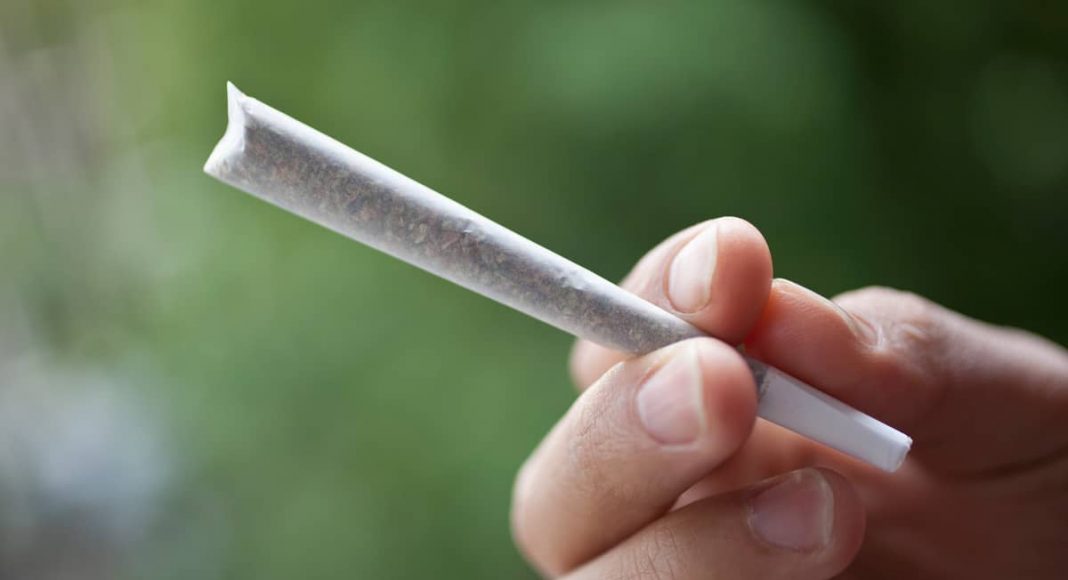After the nonprofit medical cannabis advocacy group Americans for Safe Access filed a legal request with the Department of Justice last year, and following months of pressure from the public, the Drug Enforcement Agency has finally removed marijuana myths from its website.
The misinformation presented by the DEA included several statements citing now-debunked studies or direct contradictions to the agency’s own stances and science’s conclusions on marijuana. Safe Access Now reports that one publication, “Dangers and Consequences of Marijuana,” contained 23 of the 25 factual inaccuracies in violation of the Information Quality Act.
The misinformation presented by the DEA, all of which is now proven false or inconclusive, included:
- Marijuana is a gateway drug to harder substances
- It contributes to psychosis
- It can cause lung cancer or put you at a higher risk
- It contributes to irreversible cognitive decline in adults
- It worsens mental illness, increasing the risk of schizophrenia, anxiety, and even suicide
The DEA website especially dwelled on marijuana use and its role as a “gateway drug,” claiming that using marijuana would put people at a higher risk of being addicted to heroin, meth, and cocaine, when in fact there is little evidence to this being the case.
Here’s what ASA requested appear in place of these misleading statements:
“At present, the available data do not suggest a causative link between marijuana use and the development of psychosis.”
“Numerous large, longitudinal studies show that subjects who used marijuana do not have a greater incidence of psychotic diagnoses compared to those who do not use marijuana.”
“[M]arijuana per se does not appear to induce schizophrenia in the majority of individuals who have tried or continue to use marijuana. However, in individuals with a genetic vulnerability for psychosis, marijuana use may influence the development of psychosis.”
“Overall, research does not support a direct causal relationship between regular marijuana use and other illicit drug use.”
Steph Sherer, Executive Director of Americans for Safe Access, said in a statement that this could mean we’re getting close to the end of Washington’s gridlock against legal marijuana. “This is a victory for medical cannabis patients across the nation, who rely on cannabis to treat serious illnesses. The federal government now admits that cannabis is not a gateway drug, and doesn’t cause long-term brain damage, or psychosis. While the fight to end stigma around cannabis is far from over, this is a big first step.”


